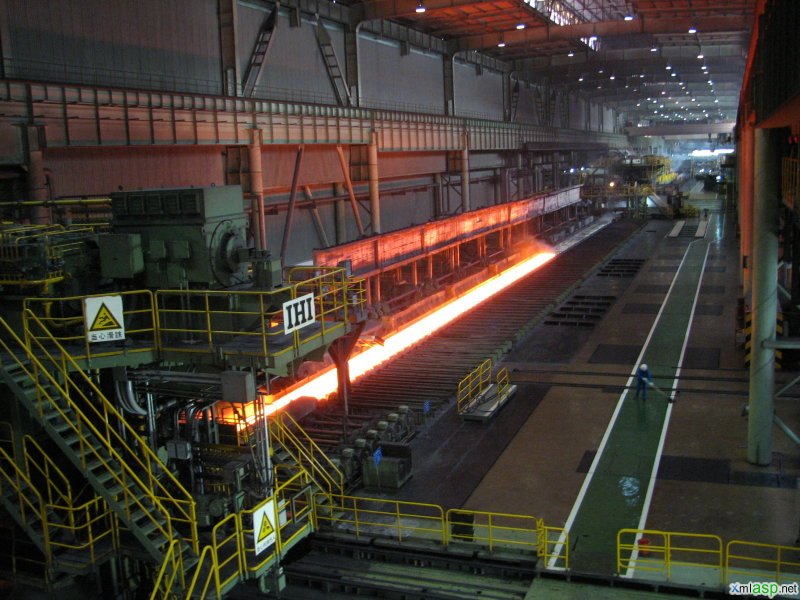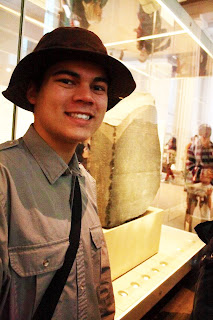In my last post, I recalled a visit to Baosteel, a
symbol of the massive manufacturing capacity China has. The following day, we visited IBM’s flagship
office in Shanghai. Not coincidentally,
IBM ought to be taken as a symbol of China’s massive service-industry
capacity. For those who are unfamiliar,
as I was to a large extent, International Business Machines provides custom
programming services to business in need of software solutions, among many
other things. It is also a major player
in the Big Data revolution, which I have written about before, competing with
the likes of EMC and Google to meet the world’s growing data needs. IBM has many branches beyond data processing
and programming which makes it a major player and competitor in separate but
complimentary industries such as financial management services and business
operation planning.
IBM
is aware that the world is changing, sometimes for the better and sometimes for
the worse. But their overall mandate, as
we learned in a lecture and saw on public service announcement posters hung
around the office, is to build a smarter planet. By “smarter”, they mean more connected, more
responsive, and more efficient. As we
see, the world is a system of systems
which exist not in isolation of each other, but rather as an ecosystem of its
inhabitants. In the broadest sense, IBM
tries to measure the heartbeat of a city: its traffic, utilities usage,
weather, and anything else one could possibly be imagine are all compiled and
used to make a city run better. Traffic
is regulated more efficiently depending on the time of day, electricity is
conserved in times of low demand, etc.
Weather readings are used to model climate patterns and make predictions
for the future. Even the pharmaceutical
and medical research industries are being transformed as huge amounts of information
is created from the processing of data at an The value of this kind of data
compilation and processing can be seen at the individual user’s level as well
when smart alarm clocks know poor weather conditions will exacerbate traffic
and wake up their owners earlier. The
applications for this kind of technology are endless and as a doctor accesses
and make decisions for his patient by measuring vital signs, so humanity can
build a better world.
IBM
has been a particular boon to a developing nation like China because it is able
to bring high technology to rural areas that are just beginning to
modernize. Without infrastructure like
sewage systems, running water, power grids, public transportation, and the
like, small towns are able to adopt the bleeding edge technology of city
planning with the benefit of hindsight that is just one piece of the expertise
IBM brings to its municipal clients. By
using IBM’s services, and the services of companies that offer the cutting edge
of technology immediately, a town can make decades of regular development in
one swoop of upgrade and join the 21st century efficiently and
quickly. This means dramatic increases
in the living standards for the populace touched by these improvements.
IBM Logo







